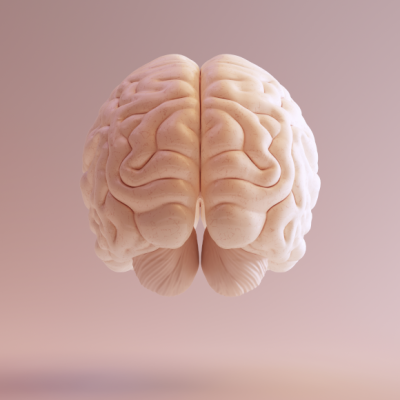A new study has revealed that popular brain-training games such as Sudoku and Solitaire do not improve cognitive abilities such as logical thinking or memory. The question of whether the brain can be trained through games to achieve higher performance has been debated for years, with mobile apps promising “better memory after just two weeks” becoming increasingly popular. However, a comprehensive study published in the Journal of Experimental Psychology has provided a clear answer. The study surveyed and tested around 1,000 people who regularly used brain-training apps, compared to 7,500 people who had never used such apps. Both groups were tested on memory, logical thinking, and strategic action, and the results were compared to analyze any differences and determine the impact of such training apps on cognitive abilities. The result was surprising: there were no differences.
The study included people from all walks of life, and there were no clear differences in cognitive abilities between those who had used brain-training apps and those who had not, regardless of age or amount of time spent playing. While playing 1,000 games of Sudoku may make you a better Sudoku player, these improved skills cannot be applied to real-life problem-solving situations. However, this does not mean that the brain cannot be trained. The researchers recommend that people should train their brains through real-life situations instead of spending hours sitting in front of a computer or phone.
In conclusion, the study has shown that brain-training games and apps do not improve cognitive abilities such as memory or logical thinking. While these games may make you better at the specific game, the skills learned cannot be applied to real-life situations. The researchers suggest that people should train their brains through real-life situations instead of relying on brain-training apps.










